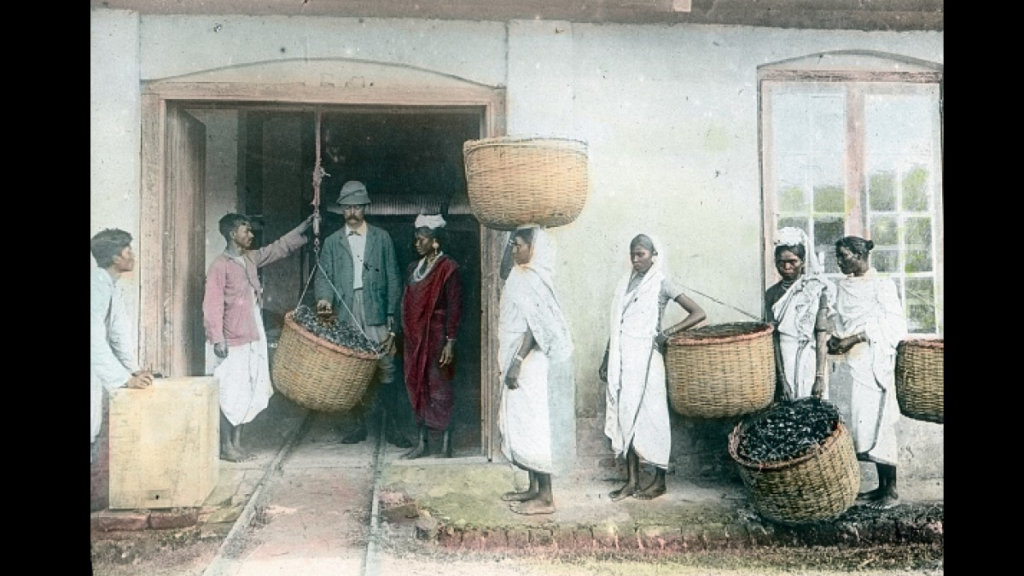QUES . Explain how British policies impacted the major resources of the tribals.
HINTS:

British policies had a significant impact on the major resources of tribal communities in India. The British colonial administration viewed natural resources such as forests, land, and minerals as valuable assets that could be exploited for their economic benefit.
Forests were a major resource for tribal communities, providing them with food, fuel, and medicinal plants. The British introduced forest laws and regulations, such as the Indian Forest Act of 1878, which declared all forests as state property and restricted access to forest resources. These laws limited the traditional practices of shifting agriculture, hunting, and gathering, which were essential for the survival of tribal communities.
The British also introduced commercial forestry, which involved the cultivation of timber and other forest products for export. This led to the displacement of tribal communities from their traditional lands and forced them to move to other areas.
Land was another major resource for tribal communities, as it was essential for their agriculture and livelihoods. The British introduced the concept of private property and land ownership, which conflicted with the traditional communal land ownership practices of many tribal communities. The British also introduced revenue laws, which required the payment of taxes on land, making it difficult for tribal communities to retain their lands.
Minerals such as iron, coal, and bauxite were valuable resources that the British exploited for their economic benefit. Mining operations often displaced tribal communities and destroyed their lands and forests. Tribal communities were often not consulted or compensated for the loss of their resources and livelihoods.
Overall, the British policies impacted the major resources of tribal communities in India by restricting access to forests, introducing private property and land ownership, and exploiting minerals for economic gain. British policies often led to the displacement of tribal communities, the destruction of their lands and forests, and the loss of their traditional practices and livelihoods.
Must read: How did the colonial rule affect the tribals in India?
External link: https://ebooks.inflibnet.ac.in/antp05/chapter/forest-policies-and-tribes/
